SUMMARY
This is AI generated summarization, which may have errors. For context, always refer to the full article.
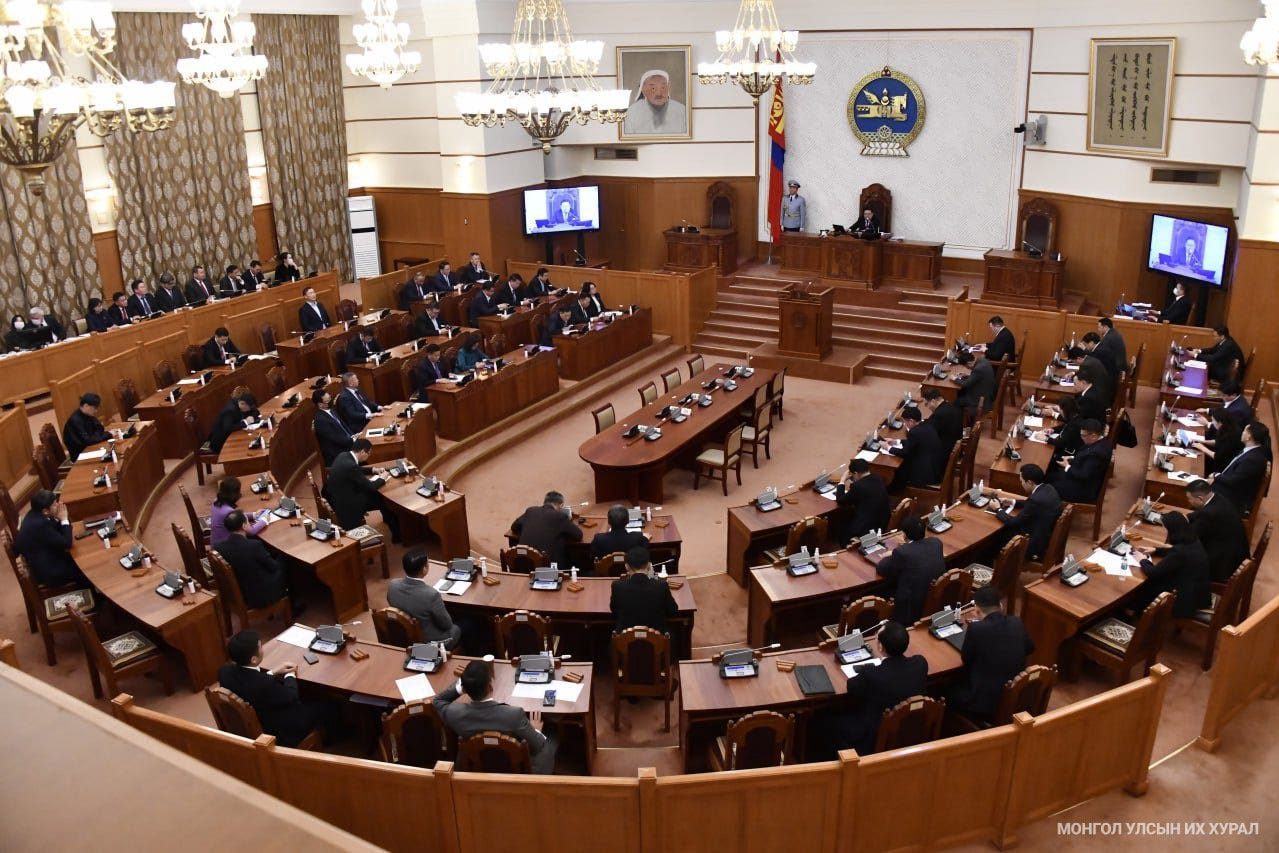
MANILA, Philippines – The Mongolian parliament passed a new law on Friday, January 20, supposedly to “protect human rights on social media,” but human rights groups say it threatens free speech and gives the state the ultimate power to regulate content on tech platforms.
The law will take effect on February 1, 2023, unless Mongolian President Ukhnaagiin Khurelsukh vetoes it.
The law applies to communication related to the “protection of human rights and legitimate interests from violation of social networks, ensuring the implementation of laws and regulations on the provision of human rights, and public enlightenment.”
It covers communications where three users or more communicate with each other.
A copy of the law is currently inaccessible from the website of the Mongolian parliament. The web archive Wayback Machine, however, was able to archive a version of the bill as of January 19.
Chilling effect
The law gives broad powers to a “public relations unit” that will be created under Mongolia’s Public Center for Combating Cyber Attacks and Violations and be tasked to regulate social media content.
The broad powers include processing requests regarding restricted content and delivering decisions, recommendations, and requirements to social media providers.
The law lists various content violations such as the following:
- denigrating state symbols, national, historical and cultural values, culture and customs of Mongolia
- fraud using the social network
- promoting, urging, or pressuring to negatively affect child’s body, mind and morals
- encouraging or promoting violence or obscenity
- encouraging and promoting threats, suicide, and physical harm to people
- encouraging or advertising the use of narcotic drugs and psychoactive substances
- extremist activities, undermining national unity, disclosure of state and official secrets, terrorist acts, crimes against human security and national security, inciting and calling for crimes
- discriminating against an individual or a specific group based on ethnicity, language, race, gender, social origin, status, wealth, religion, opinion, sexual or gender orientation, disability, or health
- inciting and calling for secession
- infringement of intellectual property rights
- instructing in detail to commit a crime or violation, or encouraging, inciting, instigating, promoting, or supporting the commission of a crime or violation
- luring, urging, inciting, or promoting children to beg, wander, or live unsupervised
The law also empowers the Mongolian government to “reduce the distribution of content in violation and [to] partially or completely limit the communication network” in the event of public unrest.
Approved in haste
“They are saying they took six years to build this,” Duuya Baatar, who runs Nest Center for Journalism Innovation and Development NGO and the Mongolian Fact-checking Center, told Rappler. “We can see there is not enough research on this.”
What critics find highly irregular is the haste with which the new law was passed – less than three days after it was first presented to the public. “This is unprecedented, even faster than the COVID law,” Baatar said.
Submitted to parliament Wednesday afternoon, January 18, the bill was passed just a little over 48 hours later on January 20, at past 5 pm. Out of 52 members of parliament who were present at the closing session, 40 voted in favor of the proposed legislation.
Baatar said the first inkling Mongolian journalists had of the proposed measure was on January 17, during a press conference organized by the Ministry of Digital Development and Communications.
Baatar said, “They invited journalists saying that they are talking about legalizing protection of human rights and protecting people from becoming victims of sexual exploitation.” – Rappler.com
Add a comment
How does this make you feel?
![[DECODED] The Philippines and Brazil have a lot in common. Online toxicity is one.](https://www.rappler.com/tachyon/2024/07/misogyny-tech-carousel-revised-decoded-july-2024.jpg?resize=257%2C257&crop_strategy=attention)



![[Rappler’s Best] US does propaganda? Of course.](https://www.rappler.com/tachyon/2024/06/US-does-propaganda-Of-course-june-17-2024.jpg?resize=257%2C257&crop=236px%2C0px%2C720px%2C720px)





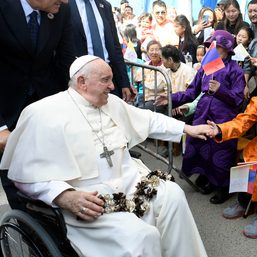
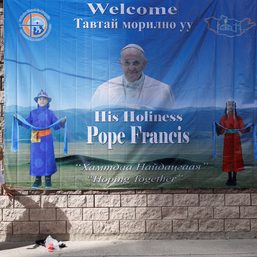
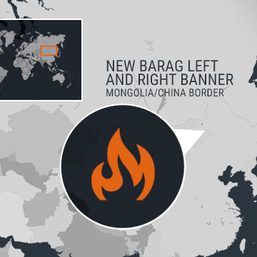
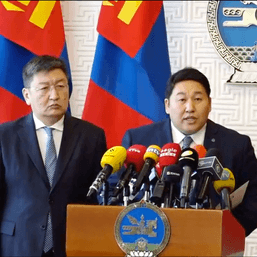
![[Hindi ito Marites] Japan: From enemy to bestie](https://www.rappler.com/tachyon/2024/07/Hindi-ito-Marites-TC-ls-7.jpg?resize=257%2C257&crop=415px%2C0px%2C1080px%2C1080px)

![[Just Saying] Invoke the Mutual Defense Treaty](https://www.rappler.com/tachyon/2024/06/TL-invoke-mutual-defense-treaty-June-25-2024.jpg?resize=257%2C257&crop_strategy=attention)
![[EDITORIAL] Paano nangyari na naging mayor ang isa umanong Chinese asset?](https://www.rappler.com/tachyon/2024/05/animated-bamban-mayor-illegal-carousel-revised.jpg?resize=257%2C257&crop_strategy=attention)







There are no comments yet. Add your comment to start the conversation.